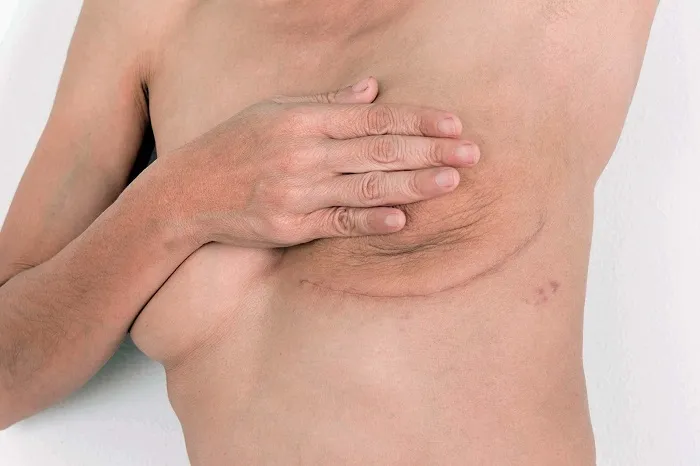A clinical study conducted at five hospitals in France introduces a groundbreaking autologous breast reconstruction technique that uses a resorbable bioprosthesis. The new approach could provide a less invasive, more natural reconstruction process for breast cancer patients. The study, known as the TIDE clinical trial, was led by Pierre Guerreschi, MD, PhD, a plastic surgeon at Lille University Hospital, and was shared with Medscape France by Délia Dammacco, a plastic oncologist at Centre Léon Berard in Lyon, France.
The Three Main Reconstruction Techniques
Traditionally, there are two main types of breast reconstruction: implant-based reconstruction, where a silicone implant provides the final breast volume, and autologous reconstruction, which uses tissue from the patient’s own body. The TIDE study introduces a third option, utilizing the MATTISSE bioprosthesis developed by the French medical technology company Lattice Medical.
Dammacco, who is the lead investigator of the study at Centre Léon Berard, explained the key innovation: “This new technique combines the patient’s own tissue with an absorbable implant. A flap of fat tissue is harvested through the same mastectomy incision, and a tissue-engineered implant chamber is placed to fill the space left by the breast tissue. This ‘cage’ helps to regenerate the fat tissue, which gradually takes on the shape of the implant and is resorbed over about 12 months.”
Advantages of the New Technique
This novel procedure offers several potential advantages. First, it uses a single incision, simplifying the reconstruction process compared to traditional methods. It also holds the potential to reduce the need for repeated fat grafting, a common practice in current reconstructive surgeries.
“The results of the study will determine whether fat sculpting is less necessary to achieve the final volume,” Dammacco said, highlighting the possibility of minimizing additional procedures for patients.
Pilot Phase and Future Plans
The pilot phase of the study involved 10 patients, focusing on the safety and performance of the bioprosthesis. After six months, the study will progress to its second phase, set to begin at the end of 2025. This next phase will involve 40 patients at five centers: Lille University Hospital, Strasbourg University Hospital, Tenon Hospital in Paris, Centre Léon Berard in Lyon, and Hospital de Sant Pau in Barcelona. Patients will be monitored for three years to assess long-term outcomes.
Participants in the study must meet specific criteria, such as having early-stage cancer that does not require chemotherapy or radiotherapy, or undergoing preventive surgery on one side only.
Promising Results and Future Impact
The innovative approach is being closely monitored for its potential to revolutionize breast reconstruction. Dammacco pointed out that regenerative surgery is becoming a key focus in breast reconstruction research. “We are excited to test this new product. The Centre Léon Berard is proud to be part of this study coordinated by Lille.”
Before human trials, the implant was tested in pigs, where it showed promising results by increasing flap volume by 2.5 times. The team hopes to see similar outcomes in human patients as the study progresses.
“We are optimistic about the potential of this technology and its ability to improve outcomes for breast cancer patients,” Dammacco concluded.
- Breast Augmentation Side Effects & Risks
- Types Of Breast Reconstruction: A Beginner’s Guide
- Drew Barrymore, 50, Clarifies Plastic Surgery Rumors


